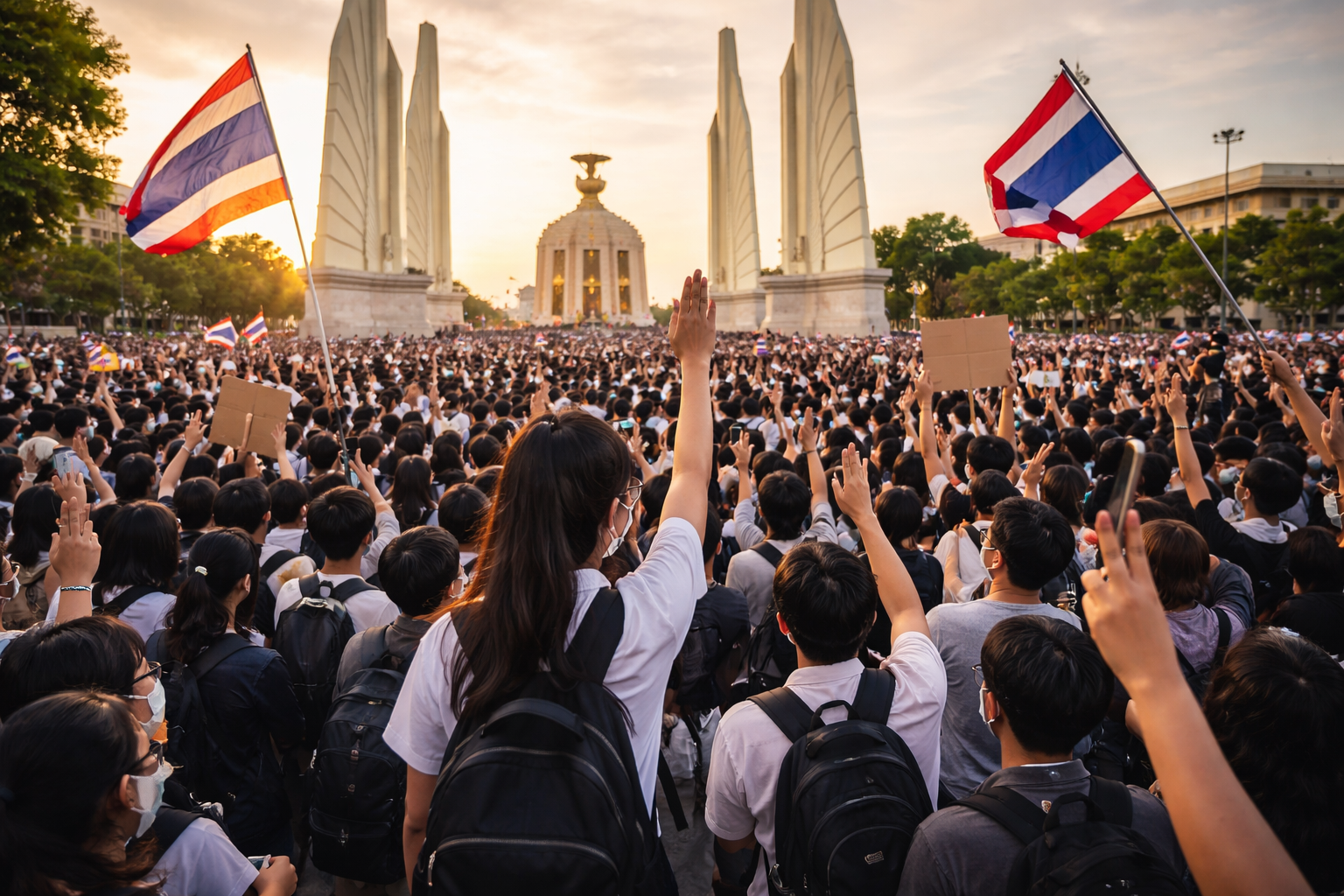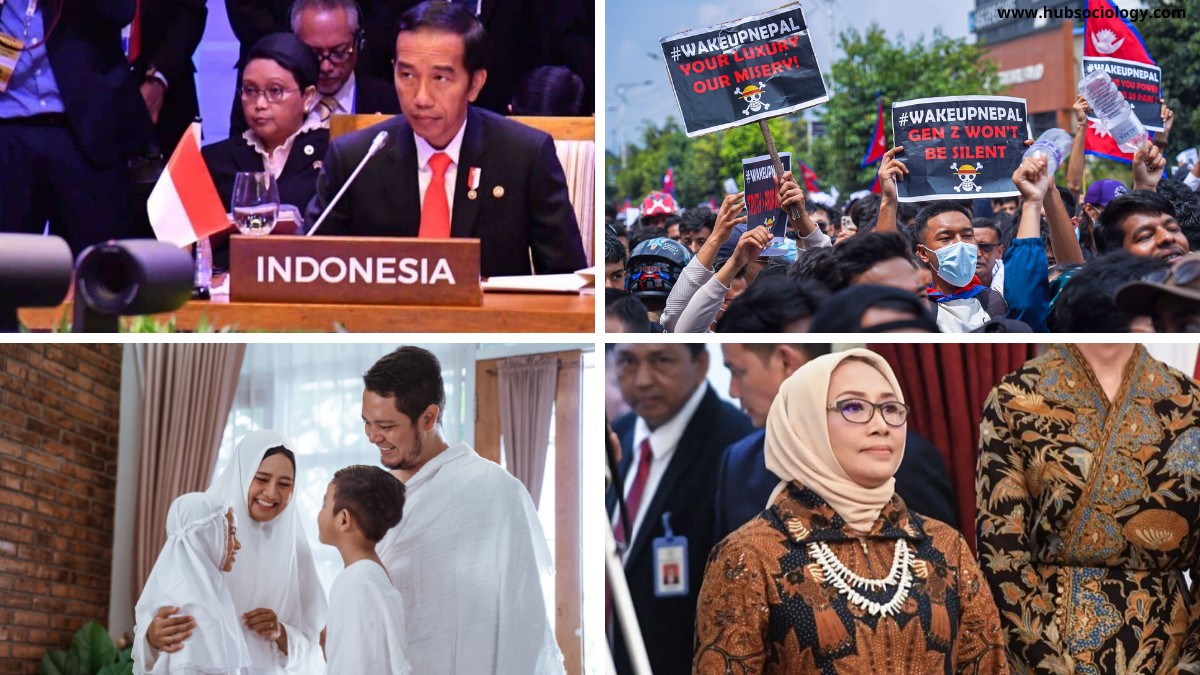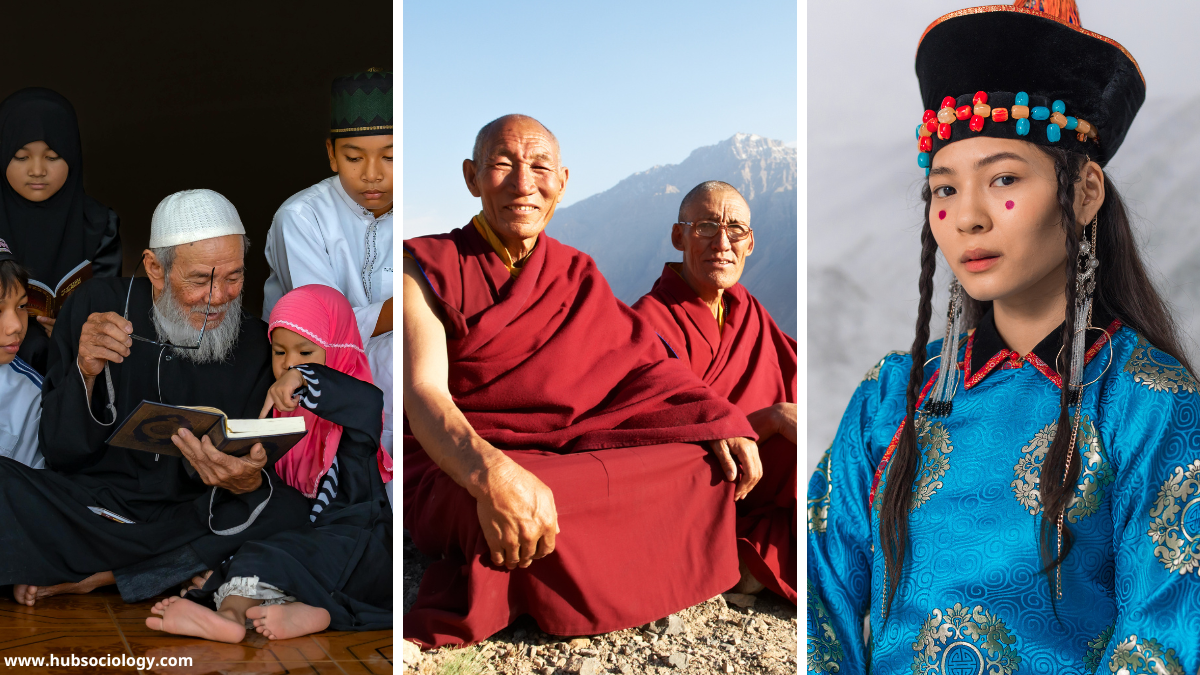Urban Poverty in Manila and Jakarta: A Sociological Perspective
Urban poverty is one of the most persistent challenges faced by rapidly urbanizing societies in the Global South. Cities promise economic opportunity, social mobility, and access to modern infrastructure, yet for millions of urban residents these promises remain unfulfilled. Manila in the Philippines and Jakarta in Indonesia are two prominent examples of megacities where rapid … Read more









